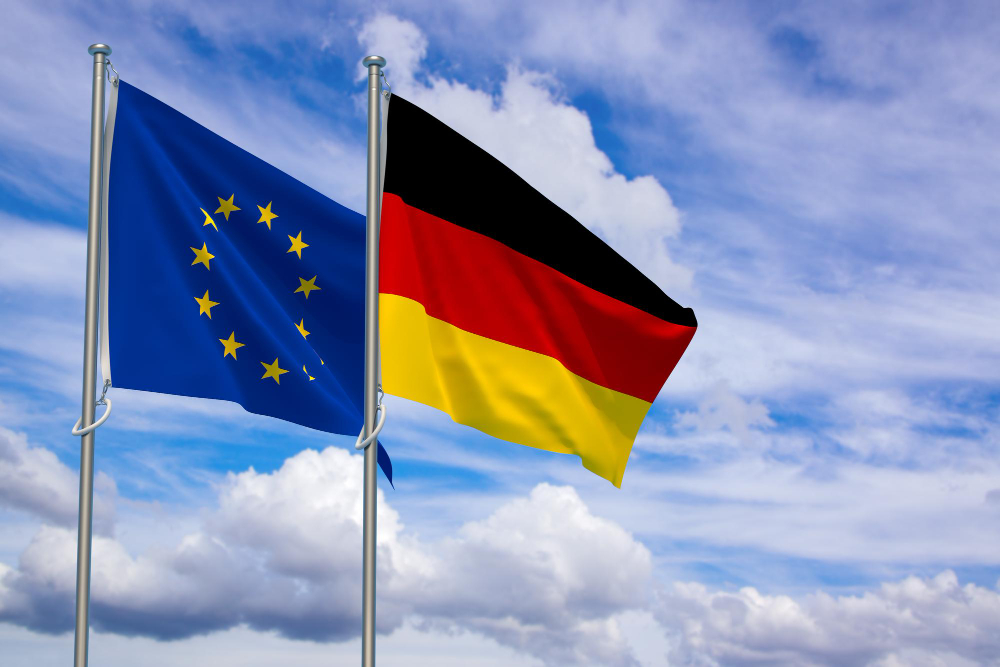Germany Immigration Update — September 2025
Germany’s migration landscape is shifting fast as the government doubles down on border controls and system reforms. The headline this month: asylum applications fell nearly 60% year-over-year in August 2025, a direct effect of tougher checks and enforcement.
What changed—and why it matters
1) Asylum applications drop sharply
-
7,803 first-time applications in August 2025, down from 18,427 in August 2024 (≈-58% to -60% depending on source). German officials attribute the plunge to stricter border controls and coordinated enforcement.
What this means for applicants:
-
Irregular entry is facing higher scrutiny.
-
Document-ready, employer-sponsored routes (Skilled Worker, EU Blue Card, Opportunity Card) are even more important.
2) Border controls likely to continue beyond September
Authorities signaled that internal Schengen border checks—reintroduced as an exceptional measure—will remain in place beyond September as part of the migration crackdown. Under EU rules, temporary internal controls are permitted when there’s a serious security or public-policy threat.
What this means for travelers/workers:
-
Expect more checks at certain crossings and longer processing times.
-
Keep passport/ID, contracts, insurance, and accommodation proof handy when moving to/within Germany.
3) Growing push for asylum-system reform
A high-profile legal voice—Hans-Jürgen Papier, former president of Germany’s constitutional court—warned that Europe’s asylum regime needs fundamental reform, proposing measures like electronic pre-entry visas to restore control and trust. The debate is shaping policy direction this autumn.
What this means for you:
-
Expect procedural changes (screening before entry, tighter definitions) if reforms gain momentum.
-
Legal, skills-based routes should remain the most reliable paths.
Practical pathways that still work (and how we help)
Despite tighter asylum conditions, legal work routes remain open—and many sectors still need talent:
-
Skilled Worker Visa (Sect. 18a/18b): For candidates with recognized degrees/vocational training + job offer.
-
EU Blue Card: Lowered salary thresholds for shortage occupations; faster decisions in many cases.
-
Opportunity Card (Chancenkarte): Points-based job-search residence for qualified candidates.
Our team at Think Europe Services will:
-
Assess your profile and choose the best route,
-
Align your job offer with visa criteria,
-
Prepare German-style CV/cover letter,
-
Coordinate document recognition (ZAB/anabin),
-
Organize insurance, accommodation, and registrations post-arrival.
Quick checklist for September 2025 applicants
-
Valid passport (+ copies)
-
Signed job contract meeting salary/skill criteria
-
Recognized qualification (where required)
-
Health insurance proof from day one
-
Accommodation confirmation and funds documentation
-
Keep originals ready for border checks while controls are active.

